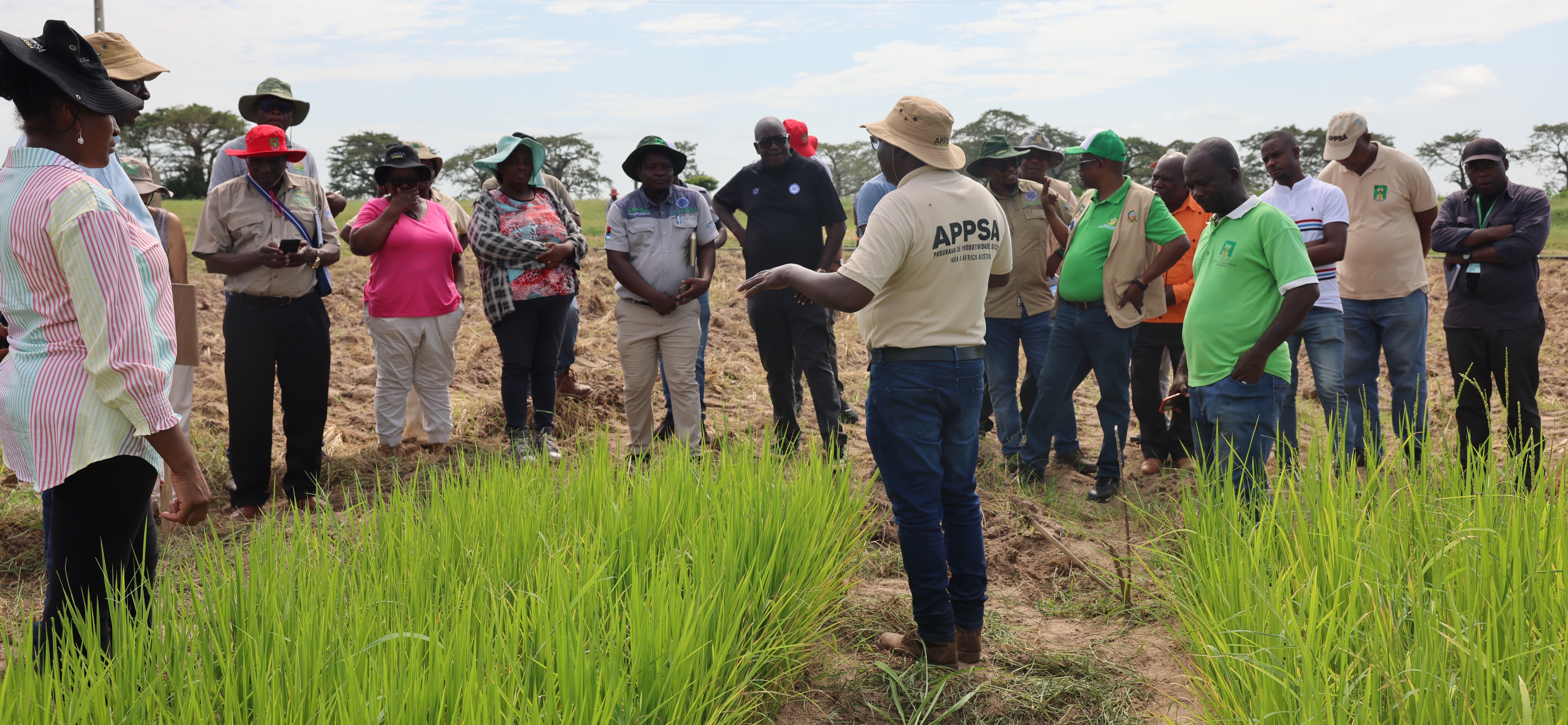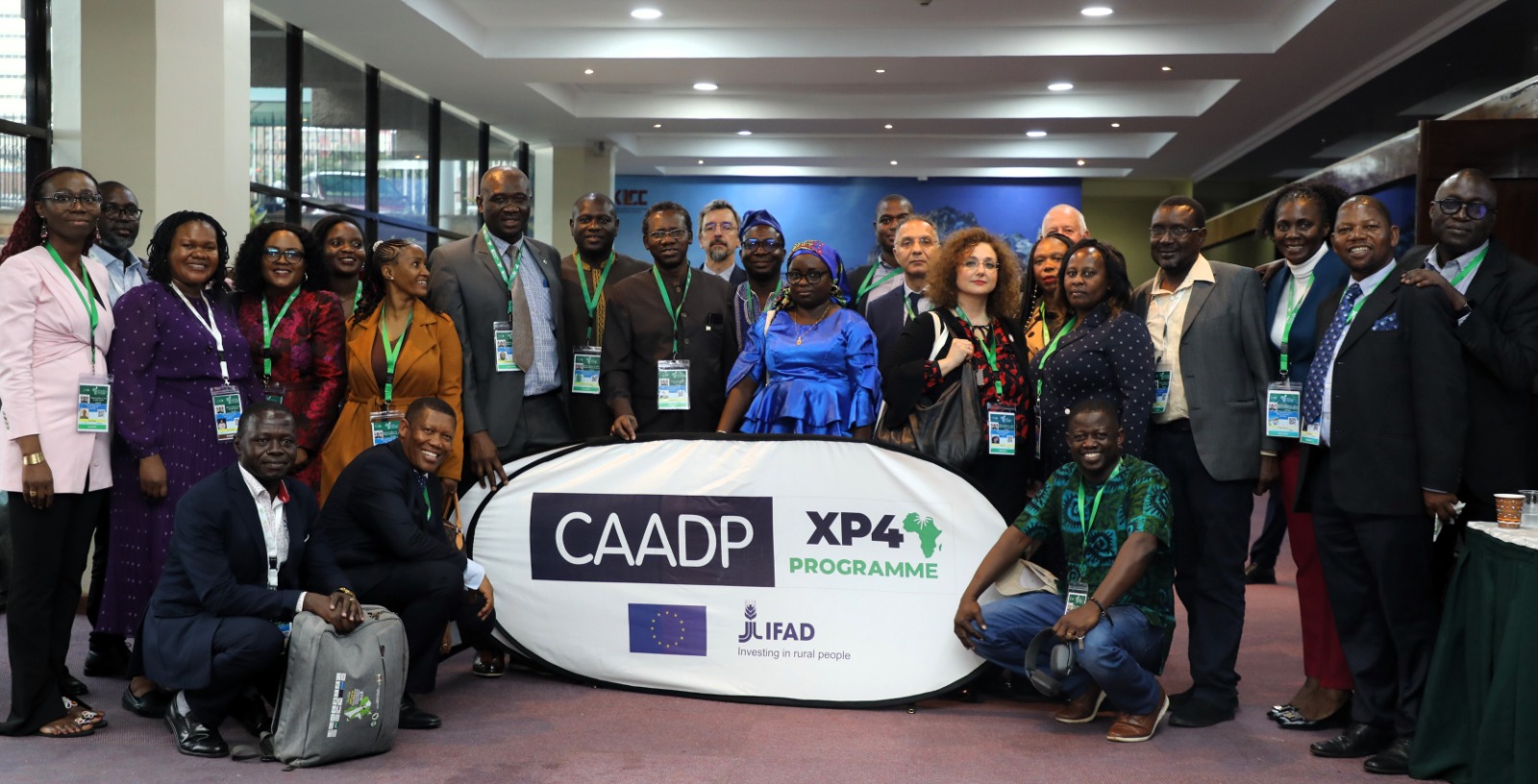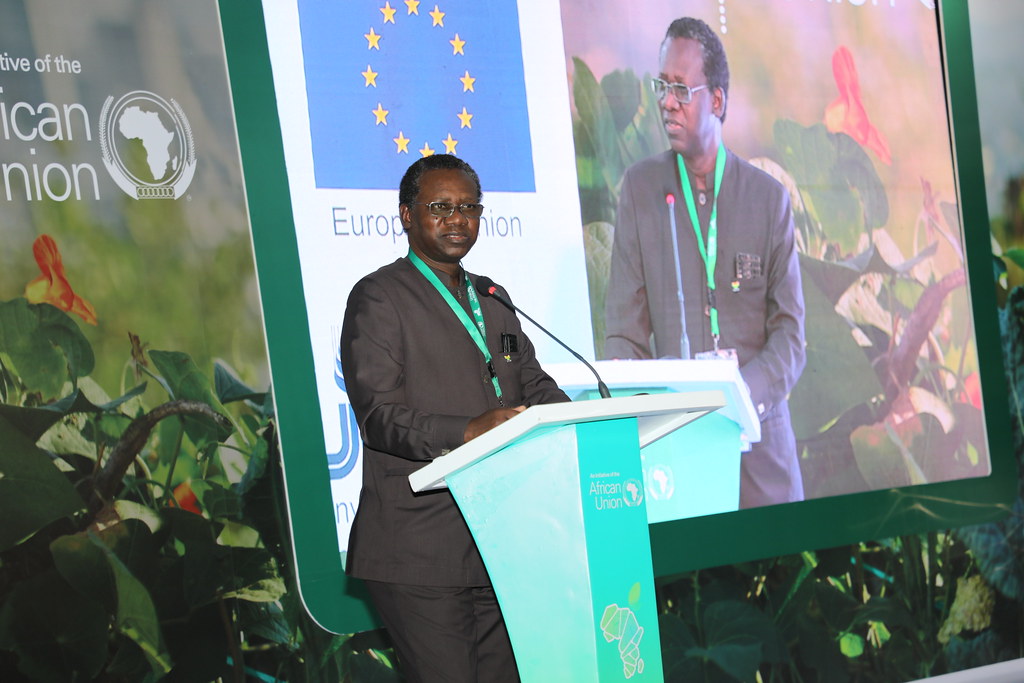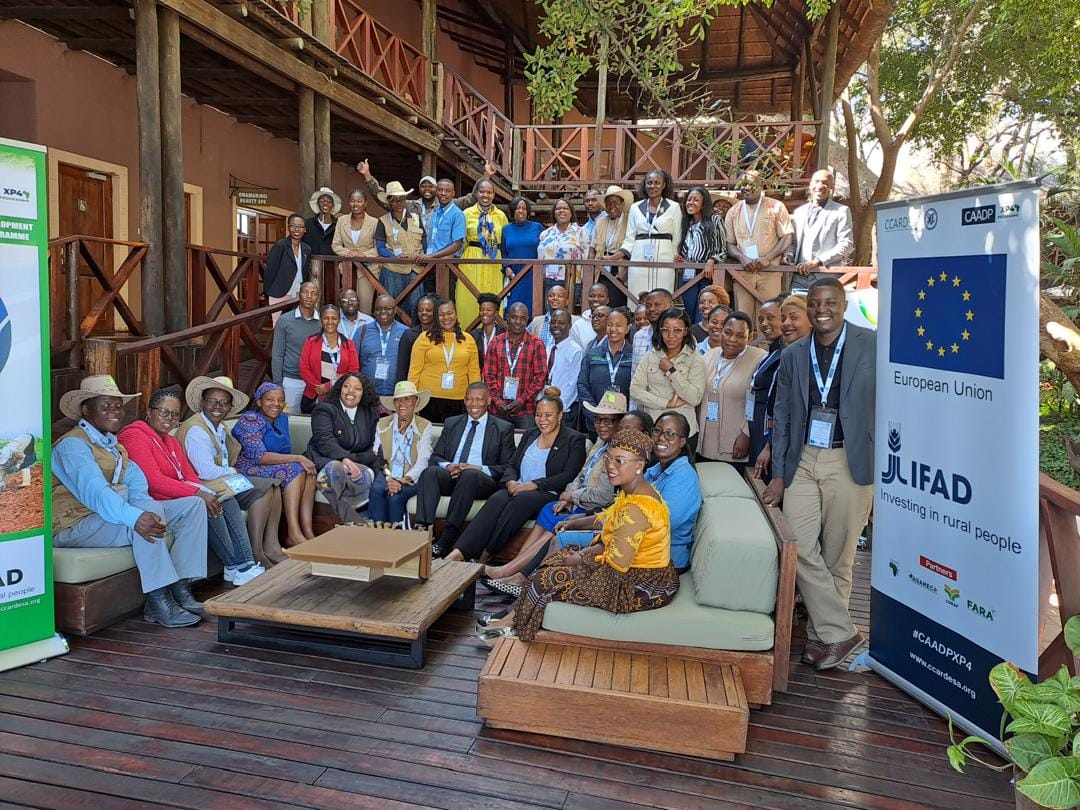Climate change and variability assessment of maize value chain farming system in Malawi, Zambia and Zimbabwe - Vulnerability Assessment Report
This study examines the vulnerability to climate variability and change of the conventional maize value chain in the mid and low altitude agro-ecological zones of Malawi, agro-ecological zone II of Zambia and agro-ecological zone III of Zimbabwe. The aim is to develop feasible priorities and strategies for climate variability and change adaptation based on farmer preference. A literature re-view for the countries Malawi, Zambia and Zimbabwe was conducted to assess the current and future impact of climate change and variability on the smallholder farming system. A mix of methods, which included participatory vulnerability assessment tools, focus group discussions and key in-formant interviews among 108 farmers from five communities, complemented the literature review. Data were collected on the current and likely future impacts and sensitivity of the systems and ad-aptation capacities.
Vulnerability
Maize Value Chain
Mutenje, M. (2018). Climate change and variability assessment of maize value chain farming system in Malawi, Zambia and Zimbabwe. Vulnerability Assessment Report.









